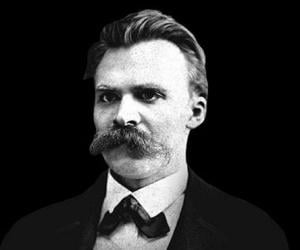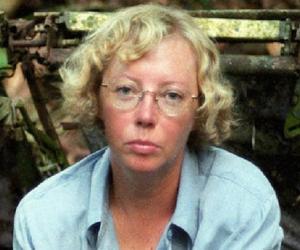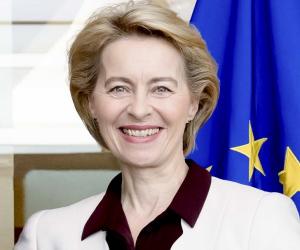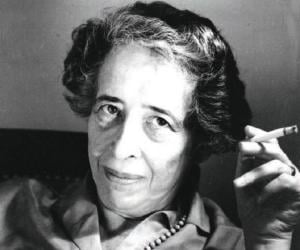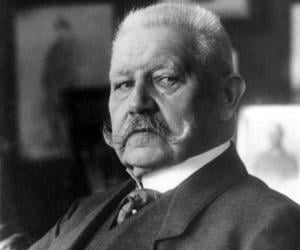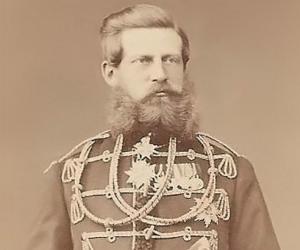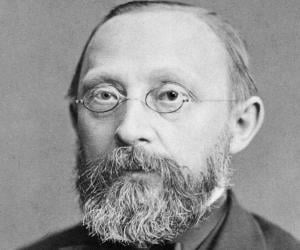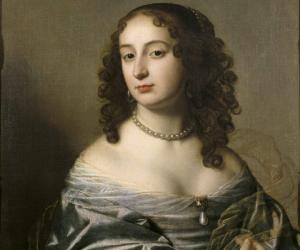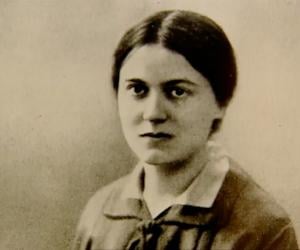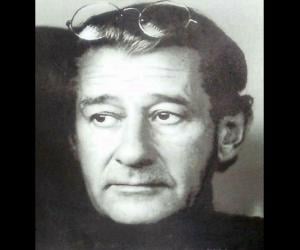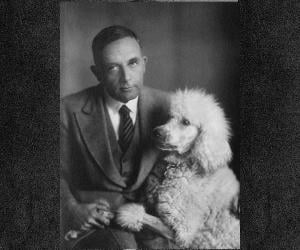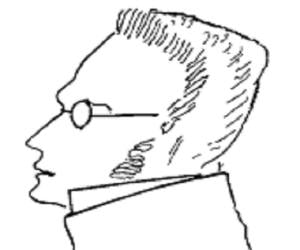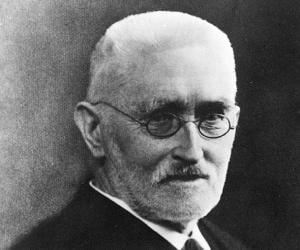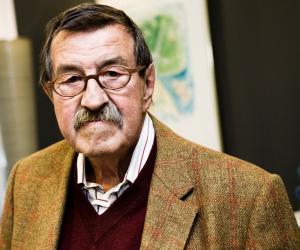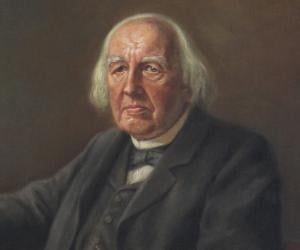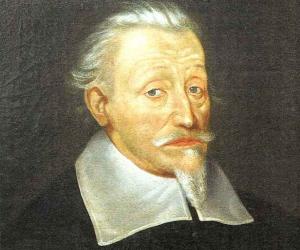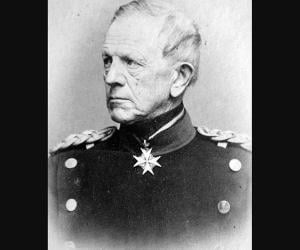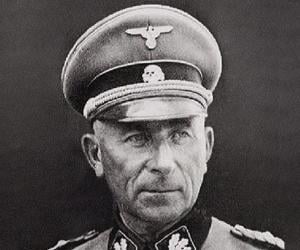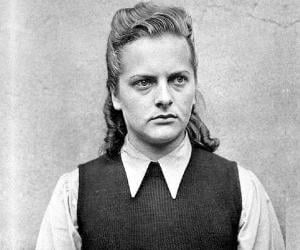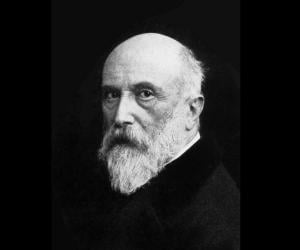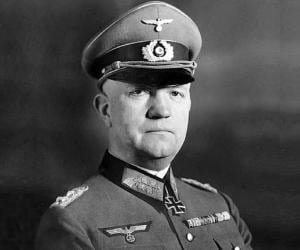German philosopher, cultural critic, composer, and poet Friedrich Nietzsche has had a profound influence on modern intellectual history. He held the Chair of Classical Philology at the University of Basel. His work spanned philosophical polemics, poetry, cultural criticism, and fiction. He suffered from numerous health problems from a young age and died at the age of 55.
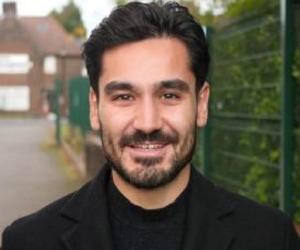
Known as an energetic midfielder, German footballer İlkay Gündoğan began his youth career with teams such as Schalke 04. He has had a successful stint with Borussia Dortmund, winning a Bundesliga with them, and now plays for Manchester City, with which he has won 4 Premier Leagues and 4 EFL Cups.
Hannah Arendt was a political theorist. Widely regarded as one of the 20th century's most prominent political thinkers, Hannah Arendt's articles and books have had a significant influence on philosophy and political theory. Her life and work inspired the 2012 biographical drama film, Hannah Arendt. Her work has also inspired several biographies written by popular authors.
Nico was a German musician, singer, and songwriter. Her work continues to serve as an inspiration to several musicians like Björk, Morrissey, and the English rock band The Cure. In 2017, Susanna Nicchiarelli directed Nico's biographical film titled Nico, 1988. Also an actress, Nico appeared in many films, including Andy Warhol's experimental underground film Chelsea Girls.
Frederick III, German Emperor reigned as the king of Prussia and emperor of the German Empire from 9 March 1888 until his death on 15 June 1888. Although he played key roles during the Austro-Prussian, Second Schleswig, and Franco-Prussian wars, Frederick professed hatred for warfare and was willing to make the German Empire more liberal before his untimely death.
Rudolf Virchow was a German physician, pathologist, anthropologist, biologist, prehistorian, editor, writer, and politician. Nicknamed the Pope of medicine by his colleagues, Virchow is credited with founding the field of social medicine. He is also widely regarded as the father of modern pathology. Rudolf Virchow was the first person to name diseases, such as thrombosis, leukemia, ochronosis, embolism, and chordoma.
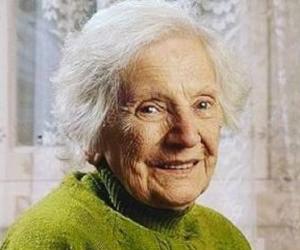
Emilie Schindler is best remembered as the wife of Oskar Schindler, the German industrialist who saved over a thousand Jews from the Nazis by employing them at his factory and later inspired the iconic Steven Spielberg movie Schindler's List. She later fled to Argentina with Oskar but was abandoned by him.
Edith Stein was a German Jewish philosopher who studied at the University of Freiburg and completed her dissertation on empathy. Always interested in Catholicism, she read the autobiography of the mystic Teresa of Ávila and converted to Christianity, and became a Discalced Carmelite nun. She was killed in the Auschwitz concentration camp and is canonized as a martyr.

Helmut Newton was a German-American photographer whose works earned him accolades all over the world. His photographs were featured on popular fashion magazines like Harper's Bazaar and Vogue. He also worked closely with Playboy, shooting several pictorials of models like Kristine DeBell and Nastassja Kinski.
Otto Heinrich Warburg was a German medical doctor and physiologist. In 1931, his discovery of the nature of the respiratory enzyme earned him the prestigious Nobel Prize in Physiology or Medicine. He also played an important role during World War I where he served as an officer in the cavalry regiment; he was honored with the Iron Cross for bravery.
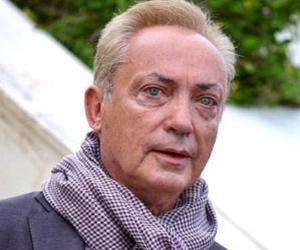


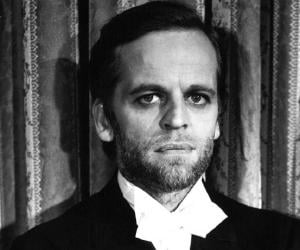
Though German actor Klaus Kinski had gained fame with his stellar performances in the films of Werner Herzog, he had also been in the news for his eccentricity and volatile nature. He was once admitted to psychiatric facility for attempting to kill his sponsor, and his own daughter accused him of abuse.
German mathematician Richard Dedekind is best remembered for his ideas on the real number and infinity. Initially interested in subjects such as physics and chemistry, he later deviated to math. He taught at various institutes and was awarded honorary doctorates from universities of Zurich, Oslo, and Braunschweig.
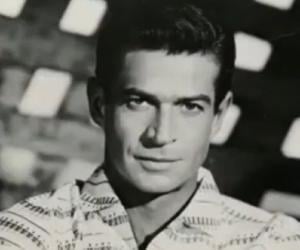
American actor/writer George Nader is best known for his iconic films such as Sins of Jezebel and Congo Crossing. With his 6’1” frame, the actor mostly earned "beefcake" roles. Though not openly gay, he lived with his partner Mark Miller. An eye injury later forced him to retire from acting.
Günter Grass was a German novelist, illustrator, graphic artist, poet, playwright, and sculptor. A much revered and decorated writer, Grass was honored with the prestigious Nobel Prize in Literature in 1999. Over the course of his illustrious career, Günter Grass won many other awards, including the Georg Büchner Prize and the Hermann Kesten Prize.
Karl Weierstrass was a German mathematician best remembered for his significant contributions to mathematics. Often referred to as the father of modern analysis, Weierstrass proved the Bolzano-Weierstrass theorem and the intermediate value theorem. He also authorized the definition of continuous function. The asteroid 14100 Weierstrass and the lunar crater Weierstrass are named after him.
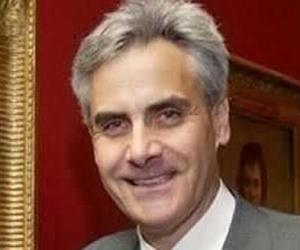
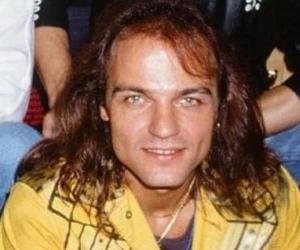

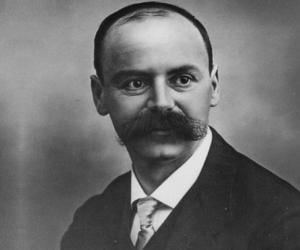
Karl Schwarzschild was a German astronomer and physicist. He is remembered for his contributions to the general theory of relativity; Schwarzschild came up with the first exact solution to the Albert Einstein field equations. He also contributed immensely to the theory of black holes.
Helmuth von Moltke the Elder was a Prussian field marshal who served as the chief of staff in the Royal Prussian Army for 30 years. Moltke, who commanded troops during Austro-Prussian War, Second Schleswig War, and the Franco-Prussian War, is credited with creating a new method of directing armies. He is also credited with pioneering the military usage of railways.
Paul Hausser was a German general who played an important role in the post-war efforts in order to achieve legal and historical rehabilitation. Hausser was among many former members of the Waffen-SS who strived towards achieving rehabilitation. He also played a prominent role during World War I, serving in the Prussian Army.

Irma Grese, or the Hyena of Auschwitz, served as an SS guard at the Nazi concentration camps of Auschwitz and Ravensbrück. She was also the warden of the ladies’ section of the Bergen-Belsen camp and ended up being convicted of torture and murder of prisoners. She was executed at 22.


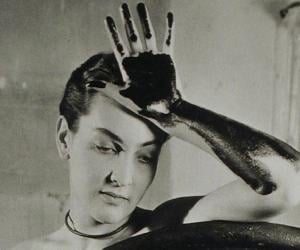
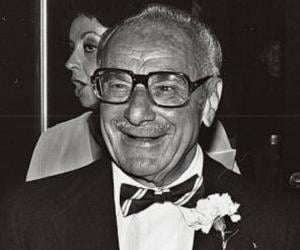

Bert Trautmann was a German football player who played as a goalkeeper for popular teams like Manchester City and St Helens Town. He made 508 appearances for the Manchester City from 1949 to 1964. Regarded as one of the best goalkeepers of his generation, Bert Trautmann was made an inductee of the National Football Museum's Hall of Fame in 2005.

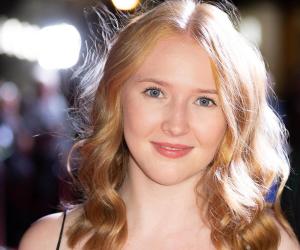

Adolf von Baeyer was a German chemist who is best known for synthesizing indigo. Interested in science from a young age, he studied chemistry at the University of Heidelberg, where his mentor was the prominent organic chemist August Kekulé. He went on to have a successful career and received the 1905 Nobel Prize in Chemistry.
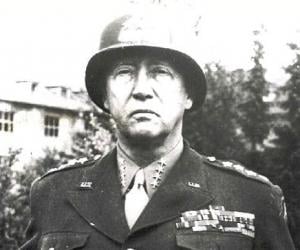
While serving at the Nazi concentration camps during World War II, doctor Ernst-Günther Schenck created a protein sausage for Nazi troops, which was tested on the camp inmates, leading to many deaths. His experiences were later penned by him in his memoir, which inspired films such as Downfall.
Klaus Barbie was a Gestapo and SS official during the Nazi era. Dubbed the Butcher of Lyon, Barbie was known for having tortured prisoners of the Gestapo while stationed in Lyon, France. It is also believed that he played a major role in the execution of Che Guevara. Barbie's life and work inspired the 2007 documentary film My Enemy's Enemy.
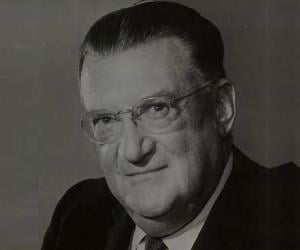
Ugandan-born German actor Florence Kasumba is best known as Ayo from the Marvel films. Apart from voicing Shenzi in the 2019 version of The Lion King, she has also appeared in Wonder Woman. The multilingual actor was first inspired to join the entertainment industry after watching a musical at 12.
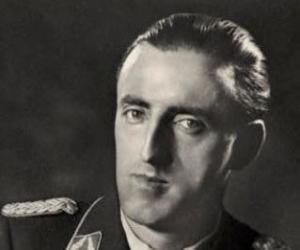
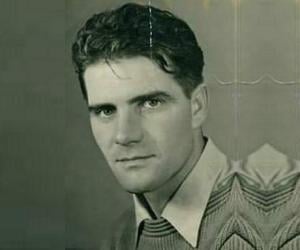
Better known as the father of Rammstein lead singer Till Lindemann, Werner Lindemann was a children’s poet and author. Born to farmers, Werner grew up to join the German Army and then dabbled in editing and freelance writing. He lived at the Drispeth Artist's Colony, founded by him.
Friedrich Fromm was a German Army officer who served as the Replacement Army's Commander in Chief during the Second World War. He is best remembered for his decision not to act against the plot to assassinate Adolf Hitler, for which he was executed on 12 March 1945. In the 2008 thriller movie Valkyrie, Friedrich Fromm was played by Tom Wilkinson.
